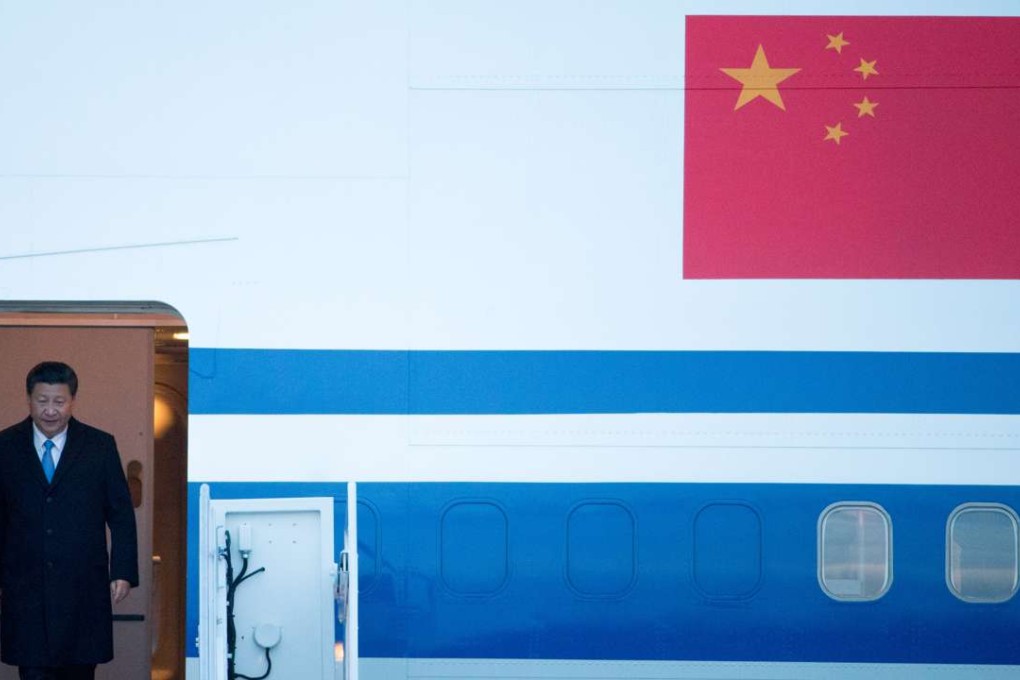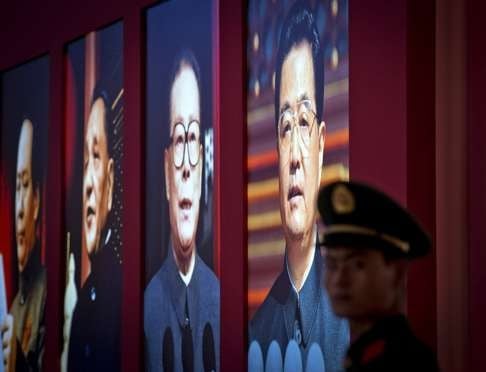Xi Jinping flirts with danger in his turn to ideology
Stein Ringen says in his attempt to consolidate power and rally people by appealing to Chinese civilisational greatness, the leader of a rising China is disturbingly different from his technocrat predecessors

Under the forceful leadership of Xi Jinping (習近平), a new China is emerging: more assertive and aggressive. Tensions are building again. The neighbouring countries are the most exposed, as seen in China’s expansion and base-building in the South China Sea.
South China Sea warning looms over G7 summit
The two decades between Deng Xiaoping (鄧小平) and Xi were the golden years for the People’s Republic. The economy grew ferociously. The country was at peace. There was hope of liberalisation. It was also a period of grey, technocratic, collective leadership. That served China well.
Now all is different. Economic growth has slowed to a trickle. China has turned to aggression in its neighbourhood. Rather than political liberalisation, there are ever tighter controls. Instead of collective leadership, there is one-person rule in the hands of the new leader.
The Chinese party-state is exceptionally dependent on its leadership. It was Mao Zedong’s (毛澤東) absolute power that caused the catastrophes of the Great Leap Forward and the Cultural Revolution. It was thanks to Deng’s authority that China could turn to economic reform. But these two leaders, although both strong, were radically different. Mao was ideological. Deng was pragmatic. While Mao’s ideology spelled disaster, Deng’s pragmatism was productive and prevailed during the golden years.

Xi Jinping’s focus on shoring up power comes at the cost of reforms China urgently needs
Since Xi became general secretary of the party, he has gathered all the reins of power in his own hands. Systematically, relentlessly he has concentrated power – politically, economically, militarily – in the country to Beijing and in Beijing to the party and himself. He has boosted his own authority with a veneer of person-cult, recently having himself anointed “core leader”.
Being less able to rely on economic growth, the party-state becomes more dependent on ideology